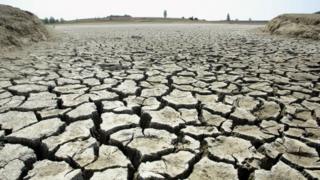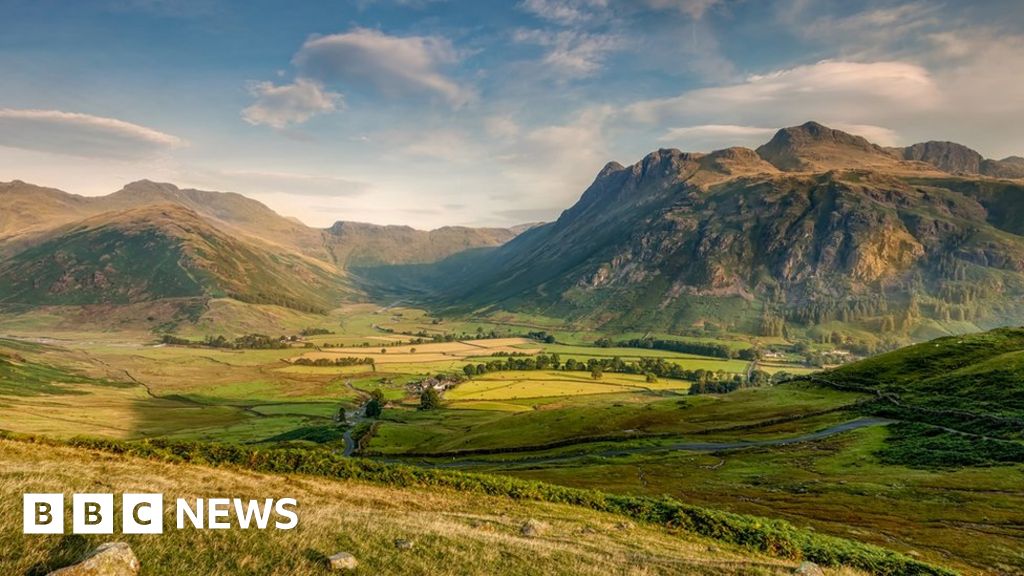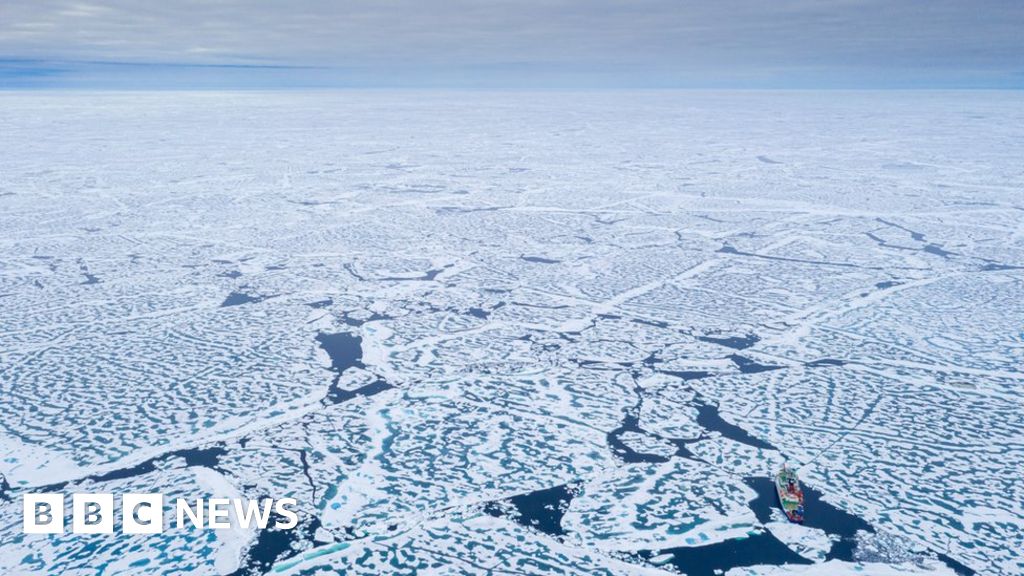 Image copyright
Getty Images
Image copyright
Getty Images
There's growing concern among citizens all over the world about climate change, according to a new global poll.
But respondents had very different attitudes to the level of urgency required to tackle the problem.
Big majorities in poorer countries strongly agreed with tackling climate change with the same vigour as Covid-19.
However in richer nations, the support for rapid action was far more muted.
Meanwhile, the Prince of Wales has warned the climate crisis will "dwarf" the impact of coronavirus.
The poll, carried out by Globescan, provides fresh evidence that people the world over remain very concerned about climate change, despite the pandemic and subsequent economic impact.
Across the 27 countries surveyed, around 90% of people saw climate change as a very serious or somewhat serious problem.
Image copyright Getty Images Image caption Heat waves have been experienced in many parts of the world this yearThis finding has strengthened over the past few years.
There have been big increases in this sense of urgency among people polled in Canada, France, India, Kenya, Nigeria and the US.
In the US this number of people perceiving the issue as serious or very serious has increased from just over 60% in 2014, to 81% in June this year when the poll was carried out - that's despite President Trump's well known scepticism on the issue.
In the same time period, serious concerns over climate change in India have risen from 70% to 93% of those polled.
According to Eric Whan, from pollsters Globescan, the covid crisis has increased people's sense of the threat from rising temperatures.
"This is a year of vulnerability and exacerbation of inequality and those most susceptible to disruption feel the greatest level of seriousness," he told BBC News.
But when people were asked if their governments should tackle the issue with the same urgency as they've tackled the coronavirus pandemic, major differences between rich and poor started to appear.
Japan, Sweden, Australia, the US and UK all have less than 45% of respondents strongly agreeing with urgent action.
Image copyright Getty Images Image caption Intense storms and flooding have also been cited as evidence of a changing climateIn Kenya, Mexico, Argentina, Turkey and Nigeria the figure was well above 70% in all of them.
Similarly, when asked who would suffer the most, more than 60% of respondents in Brazil, Kenya, Turkey, Nigeria and South Africa strongly agreed it would be poor people.
But in Japan, Australia, US, UK and others, less than 40% strongly felt it would be the poor who would bear the brunt.
Perhaps one key to these discrepancies might be down to personal experience of climate change.
In the UK, just 13% of respondents said they were personally affected by rising temperatures, compared to 34% who said they were personally affected by the coronavirus pandemic.
There were similar differences in richer countries like Sweden, the US and Japan.
Image copyright Getty Images Image caption Fires in California are said to have been made worse by rising temperatures and droughtBut in Mexico, Turkey and Vietnam more than 50% of those polled said they had personal experience of climate change.
"I think back to Hurricane Katrina, which was a watershed moment in more than two decades of tracking public opinion on climate change," said Eric Whan.
"There was a real shock to the system and the poll numbers changed quite a bit, as people more and more came to realise that this is a serious problem, that it's anthropogenic, and that we are actually vulnerable and not particularly protected."
The poll was carried out online among samples of 1,000 adults in each of the 27 countries.
It's been released to mark the start of Climate Week 2020 in New York, which is expected to be the biggest climate summit taking place this year and is being run in co-ordination with the UN.
Follow Matt on Twitter @mattmcgrathbbc.

 5 years ago
1317
5 years ago
1317 

